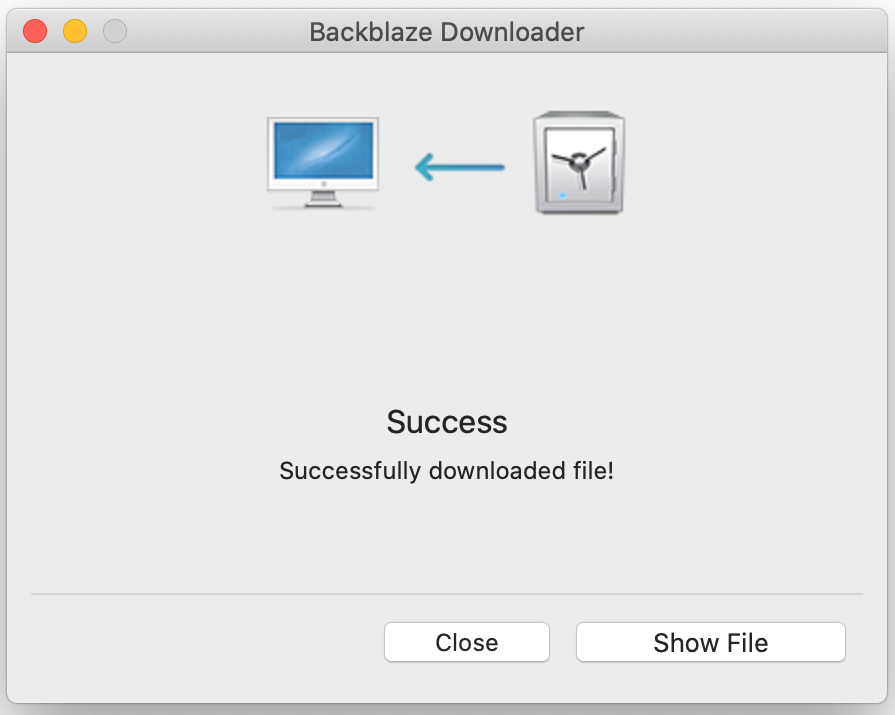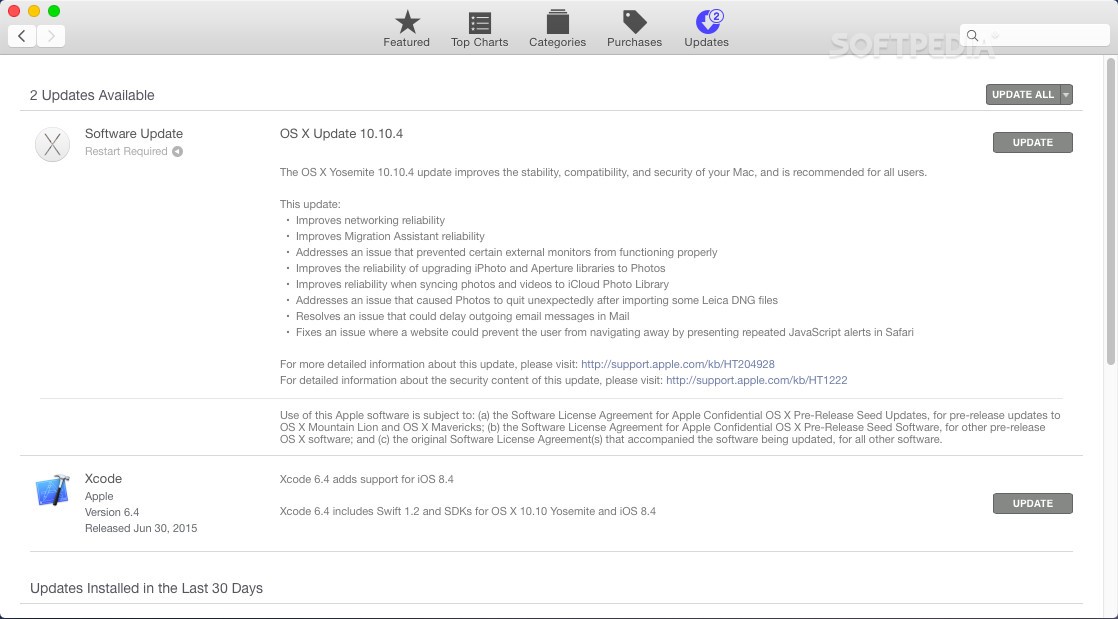

- #RELIABLE ZIP FOR MAC HOW TO#
- #RELIABLE ZIP FOR MAC MAC OS X#
- #RELIABLE ZIP FOR MAC SERIAL#
- #RELIABLE ZIP FOR MAC UPDATE#
- #RELIABLE ZIP FOR MAC FULL#
#RELIABLE ZIP FOR MAC HOW TO#
The Macintosh team had already begun work on what would become the LaserWriter, and had considered a number of other options to answer the question of how to share these expensive machines and other resources.
#RELIABLE ZIP FOR MAC SERIAL#
The initial concept was known as AppleBus, envisioning a system controlled by the host Macintosh polling "dumb" devices in a fashion similar to the modern Universal Serial Bus. This would eliminate the need for more ports on the back of the machine, and allowed for the elimination of expansion slots for supporting more complex devices. Peripherals equipped with similar SCCs could communicate using the built-in protocols, interleaving their data with other peripherals on the same bus.

The SCC was chosen because it would allow multiple devices to be attached to the port. The SCC cost about $5 more than a UART, but offered much higher speeds of up to 250 kilobits per second (or higher with additional hardware) and internally supported a number of basic networking-like protocols like IBM's Bisync. During development, engineers had made the decision to use the Zilog 8530 serial controller chip (SCC) instead of the lower-cost and more common UART to provide serial port connections. Through this period, Apple was deep in development of the Macintosh computer. We built and used AppleNet in-house, but we realized that if we had shipped it, we would have seen new standards coming up." In January, Jobs announced that they would instead be supporting IBM's Token Ring, which he expected to come out in a "few months". At the time, they announced that "Apple realized that it's not in the business to create a networking system. It was at this show that Steve Jobs asked Gursharan Sidhu a seemingly innocuous question: "Why has networking not caught on?" įour months later, in October, AppleNet was cancelled. All of the systems were jockeying for position in the market, but even at this time Ethernet's widespread acceptance suggested it was to become a de facto standard. This was a topic of major commercial effort at the time, dominating shows like the National Computer Conference (NCC) in Anaheim in May 1983. Īt that time, early LAN systems were just coming to market, including Ethernet, Token Ring, Econet and ARCNET.
#RELIABLE ZIP FOR MAC FULL#
AppleNet was announced early in 1983 with a full introduction at the target price of $500 for plug-in AppleNet cards for the Lisa and the Apple II. Known as AppleNet, it was based on the seminal Xerox XNS protocol stack but running on a custom 1 Mbit/s coaxial cable system rather than Xerox's 2.94 Mbit/s Ethernet. 4.1 AppleTalk Address Resolution ProtocolĪfter the release of the Apple Lisa computer in January 1983, Apple invested considerable effort in the development of a local area networking (LAN) system for the machines.1.8 AppleTalk Phase II and other developments.1.7 LocalTalk, EtherTalk, TokenTalk and AppleShare.Many of AppleTalk's more advanced autoconfiguration features have since been introduced in Bonjour, while Universal Plug and Play serves similar needs.

#RELIABLE ZIP FOR MAC MAC OS X#
The rise of TCP/IP during the 1990s led to a reimplementation of most of these types of support on that protocol, and AppleTalk became unsupported as of the release of Mac OS X v10.6 in 2009. AppleTalk support was also available in most networked printers (especially laser printers), some file servers, and a number of routers. Versions were also released for the IBM PC and compatibles and the Apple IIGS.

#RELIABLE ZIP FOR MAC UPDATE#
Connected AppleTalk-equipped systems automatically assign addresses, update the distributed namespace, and configure any required inter-networking routing.ĪppleTalk was released in 1985, and was the primary protocol used by Apple devices through the 1980s and 1990s. AppleTalk includes a number of features that allow local area networks to be connected with no prior setup or the need for a centralized router or server of any sort. AppleTalk is a discontinued proprietary suite of networking protocols developed by Apple Inc.


 0 kommentar(er)
0 kommentar(er)
